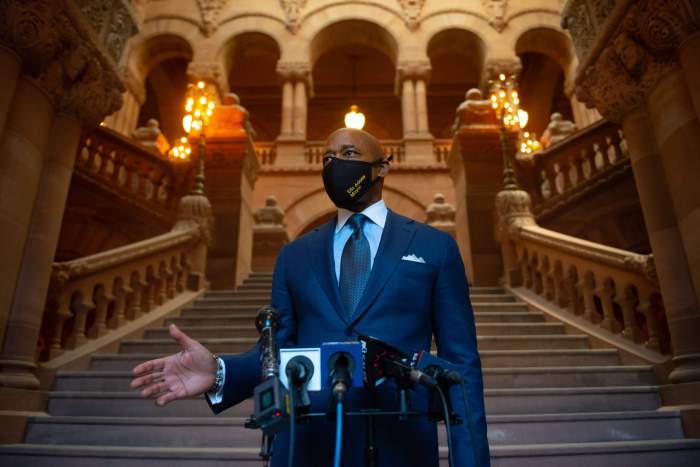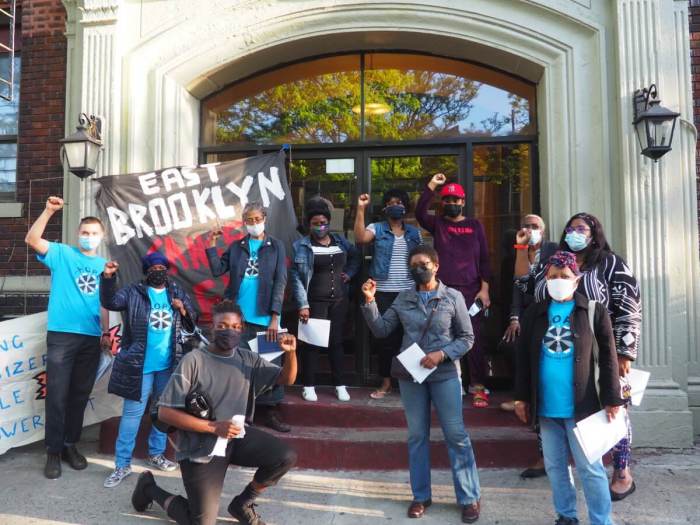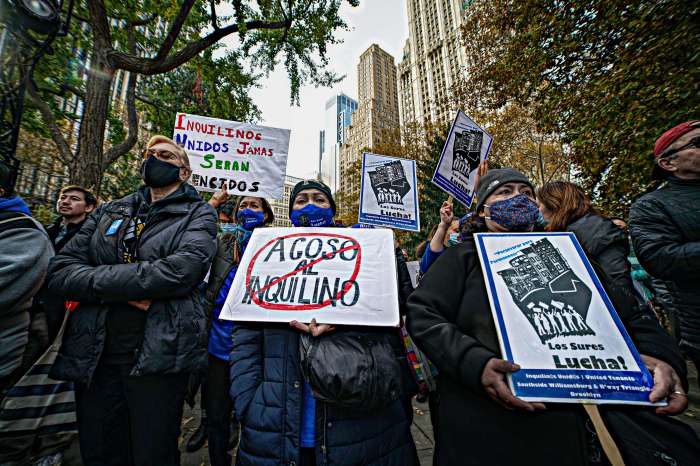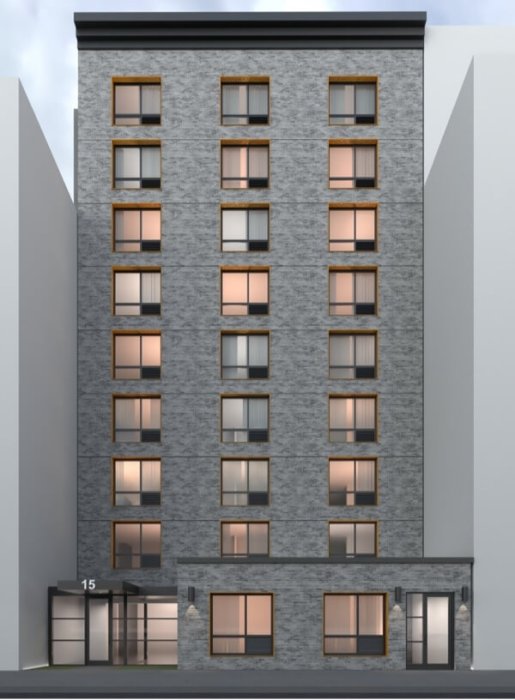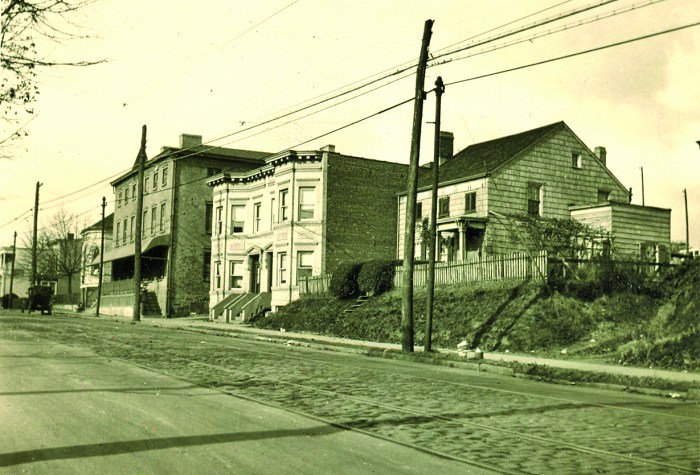Far too many veterans return from service without accessible community resources to support their mental health and physical well-being. This Memorial Day, as we remember and honor those who lost their lives in service to our country, we are also reminded of our duty to provide accessible and supportive services to help veterans thrive when they return home. This includes a nationwide effort to back supportive housing for veterans.
The current state of veteran homelessness in the United States is alarming. About 10% of people experiencing homelessness are veterans despite only comprising 6% of the general population, and veterans are nearly twice as likely as other Americans to become chronically homeless. According to the National Coalition for Homeless Veterans, about 51% of veterans experiencing homelessness have disabilities and about 50% struggle with mental health issues.
The United States needs a more robust veteran housing strategy to combat these distressing patterns – and there is a proven way to do so. Supportive housing is the most effective way to address chronic homelessness, with only 5% of all residents returning to the streets or shelters after being placed in a supportive home. Those who care about the safety and well-being of our nation’s veterans must prioritize supportive housing in their neighborhoods.
My organization, Concern Housing, has been serving veterans for more than half a century. We have seen time and time again how appropriate behavioral health resources and high-quality homes can transform a person’s well-being – how it can provide a safety net for those navigating life after service.
For example, our Surf Vets Place on Coney Island is a nine-story mixed-use development building that provides 135 units of supportive and affordable housing units for veterans and low-income individuals to get their feet back on the ground in New York City. On nearby Long Island, Liberty Landing in Lake Ronkonkoma created 30 apartments for unhoused veterans experiencing behavioral health challenges. Each supportive home connects residents with programming like financial literacy, mental health support, addiction treatment services, and other necessities that veterans often go without upon returning to their communities
At scale, increased investment in supportive housing for veterans — and for other vulnerable populations nationwide — can have a truly transformational impact on our communities.
Across the political spectrum, our representatives believe in the responsibility to protect veterans. In a reflection of that deeply held principle, policymakers must also walk the walk and support, encourage, and finance high-quality affordable and supportive housing in their communities. That is what makes proposals to slash funding for the Department of Housing and Urban Development (HUD) so distressing. It would stymie ongoing efforts to reduce veteran homelessness that have worked so well in cities like New York and Seattle.
Worse, far too often, the prevailing NIMBY sentiments that dominate housing debates also stand in the way of veteran supportive housing — despite our shared ideals. Stigmatization against those struggling with mental health and general discomfort with increased development has blocked additional housing development across the country, harming veterans, particularly veterans of color.
Concern Housing’s long history of serving veterans would not have been possible without community support in neighborhoods across New York. These communities recognized the responsibility of caring for our armed forces and the impact that supportive housing can have on an individual. But that road has not always been easy. We hope that more communities across the country, including many of our own here in New York, can equally prioritize a goal this important.
A long road is ahead to create the housing needed to adequately address the veteran homelessness crisis. But this Memorial Day, we hope you will join us in the fight for affordable and supportive housing developments for veterans across the country – even right in your own neighborhood.
Fasano is the Executive Director of Concern Housing, a non-profit organization that provides housing and support services across the state.




